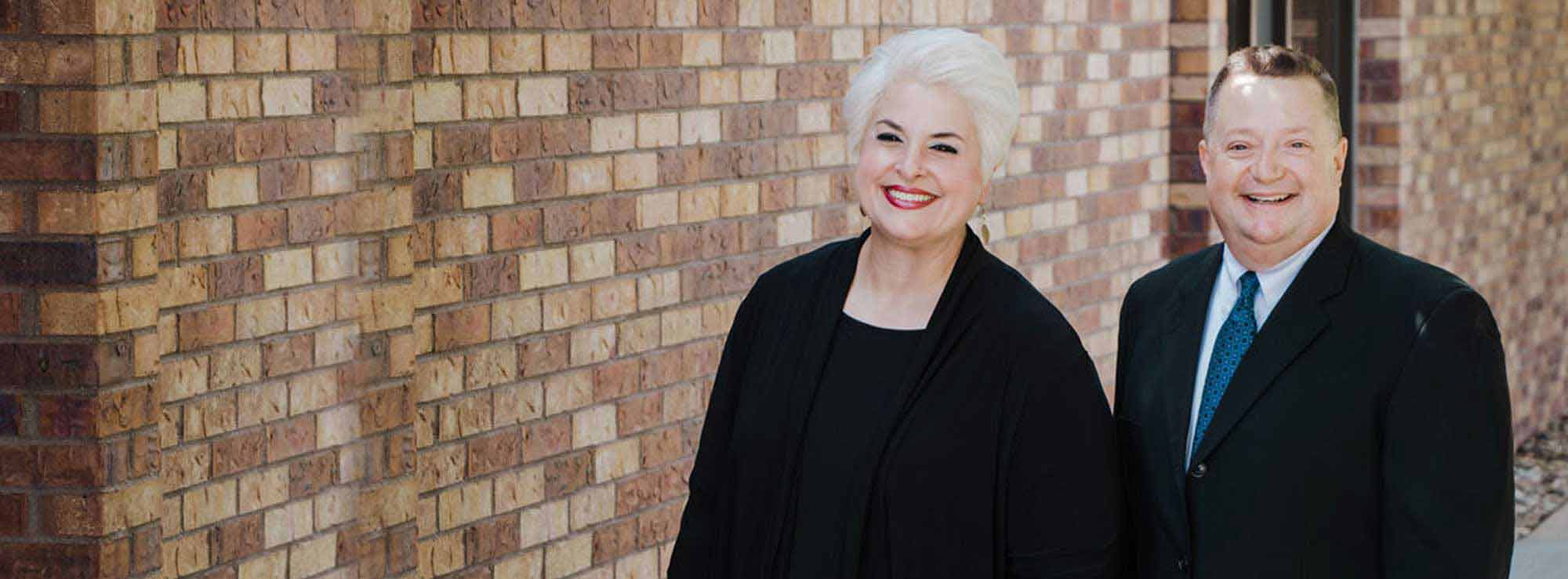Work With An Experienced Legal Advocate For Probate And Estate Administration Matters
There are few things harder than losing a loved one. It’s even harder when that loss raises legal questions that need to be answered quickly, while you and your family are still grieving. In such situations, it’s helpful to work with a team of experienced Omaha probate attorneys who can lift the burden of probate matters off your shoulders.
At Kellogg & Palzer, P.C., we will serve as your guide and help you navigate the often confusing probate process, as well as the administration of an estate. With more than six decades of combined legal experience, our attorneys have a deep understanding of the challenges that can arise during probate. We empathize with the stressful situation you are in, and we can help you anticipate potential hurdles in advance so that together we can resolve them before they escalate into bigger problems. And because we are a small, boutique law firm, you will always have direct access to your attorney; we don’t pass off our clients to paralegals or inexperienced junior lawyers as many larger firms do.
Understanding The Nebraska Probate Process
Nebraska has an informal probate procedure that applies to the vast majority of probate proceedings. Most of the work in these cases involves legal paperwork and filings, with no need for physical appearances in probate court. No matter where you are in the probate process, we can assist you to a successful conclusion:
- Opening the estate: The first step in any probate matter is to formally open the estate. As part of this step, we will gather the names and contact information of relatives and other relevant parties to formally notify everyone involved that the probate process has been initiated. If the decedent has not left a will, we will file for “intestate” probate.
- Appointing a personal representative: A “personal representative,” sometimes called an “executor,” is responsible for administering the decedent’s estate – that includes paying taxes and overseeing the transfer of funds and property to appropriate parties.
- Gathering of assets and preparation of the inventory: Once a personal representative has been designated, their first duty is to establish a checking account on behalf of the estate that can be used to pay estate debts and transfer funds as needed.
- Notifying and paying creditors: The personal representative must also give formal notice to all of the decedent’s creditors – anyone to whom he or she may have owed money. This can include credit card companies, health care centers and other entities. Creditors will have an opportunity to claim their debts from the estate before the remaining funds can be distributed to heirs.
- Determining and paying taxes: In Nebraska, an estate is subject to four kinds of tax:
- Nebraska inheritance tax
- Nebraska estate tax
- Federal estate tax
- Federal income tax
- Distribution and closing of the estate: After all debts and taxes are paid, we will help you close the estate and distribute reaming funds to appropriate family members and any other beneficiaries.
Contact Our Office To Learn More About Probate And Estate Administration
This is only a brief guide to how the estate administration process works. For more detailed information about how the law applies in your specific case – and Kellogg & Palzer, P.C., can help you navigate the probate process – schedule a free initial consultation with us at our Omaha office. To make an appointment, call 402-333-9200 or reach us by email.

